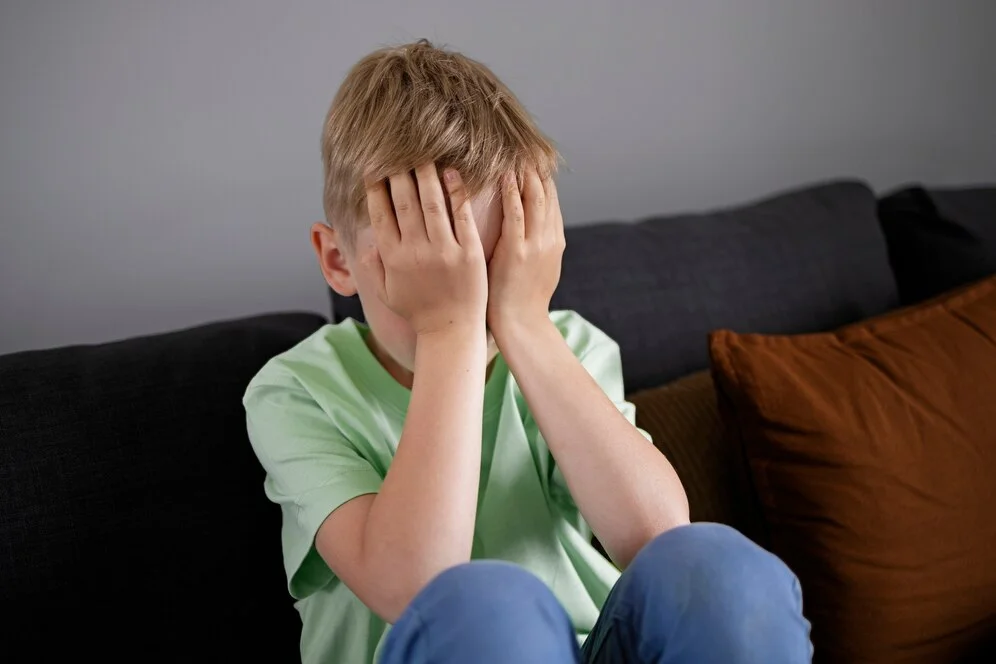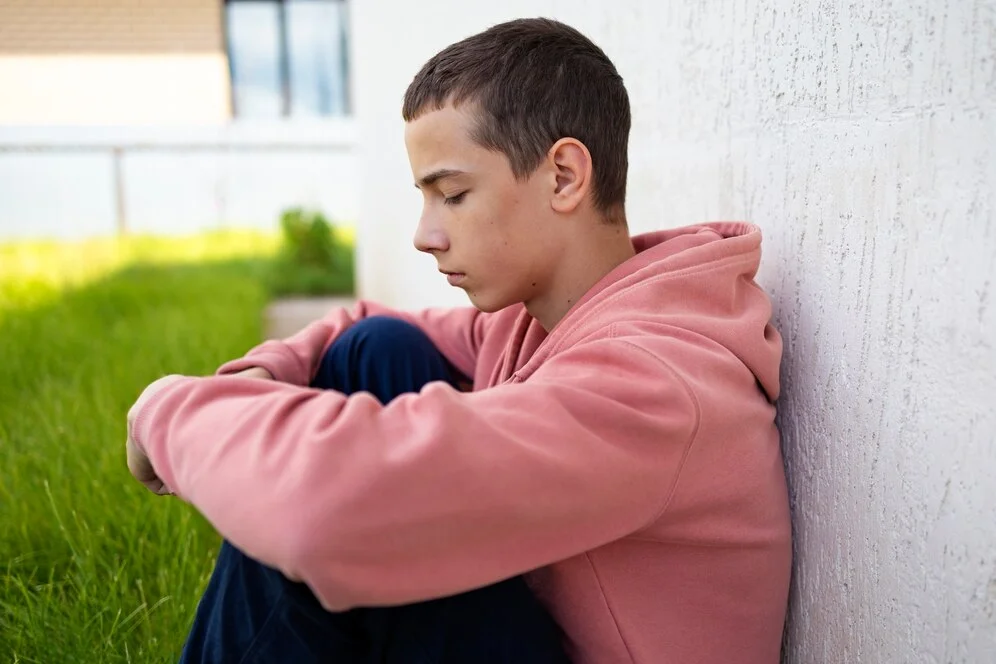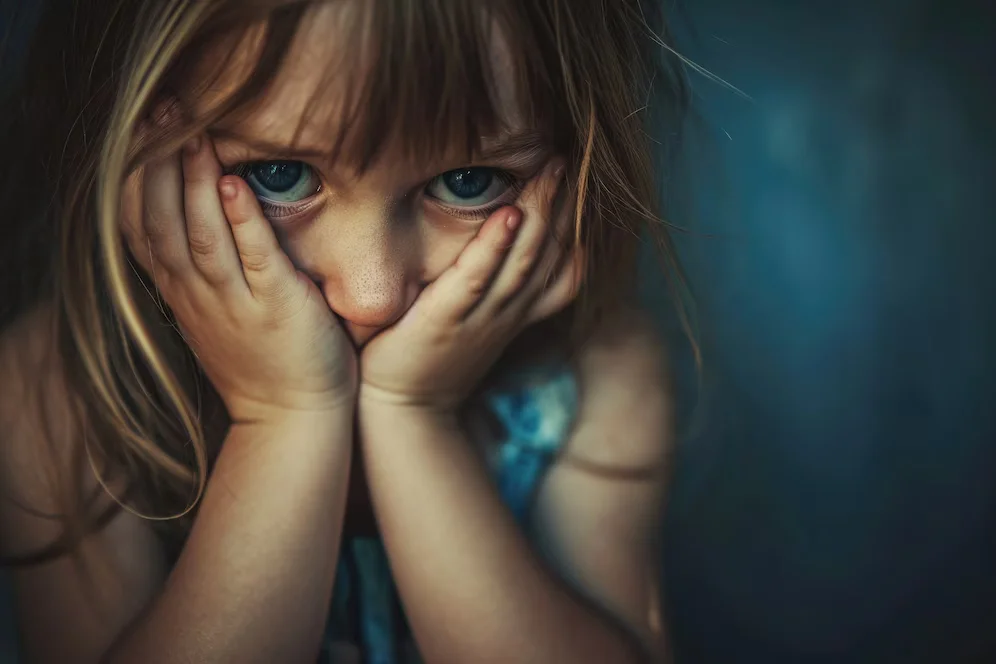-
129, Block-A Bangur Avenue, Mousumi Appartment, Kolkata 700055
129, Block-A Bangur Avenue, Mousumi Appartment, Kolkata 700055

Discover effective strategies to combat childhood depression. Learn practical steps, expert insights, and how to support your child through depression. Find a reputed psychological counselor.
Childhood depression is an increasing concern among parents, caregivers, and educators. With the rise in mental health issues among young ones, it’s crucial to identify and understand the underlying factors contributing to this problem. Depression in children can affect their academic performance, relationships, and overall well-being. However, there are effective strategies available to combat childhood depression and help children live healthier, happier lives.

Childhood depression is a serious mental health condition that affects a child’s mood, thoughts, behavior, and overall outlook on life. Unlike occasional sadness, depression persists and can significantly disrupt a child’s daily activities. Early intervention is crucial for addressing the symptoms and preventing long-term effects.
Recognizing childhood depression can sometimes be difficult, as children may not have the vocabulary or emotional maturity to express their feelings. Here are some common signs to look out for:
If these symptoms persist for an extended period, seeking professional help from a professional psychological counselor is essential.
There is no single cause of childhood depression. Instead, a combination of factors can contribute to the onset of depression in children:

When dealing with childhood depression, it’s essential to approach the situation with patience and understanding. Here are some effective strategies that can help children cope with and overcome depression:
Creating an open, supportive environment where children feel safe to express their feelings is crucial. Encourage children to talk about what’s bothering them, listen actively, and validate their emotions. This helps children understand that it’s okay to feel sad or anxious and that they are not alone in their struggles.
If childhood depression is suspected, it’s vital to consult a trained professional. A psychological counselor can assess the child’s emotional and mental state and develop an appropriate treatment plan. Therapy may include:
Children thrive in structured environments. Establishing a daily routine can provide a sense of stability and predictability, which can help reduce feelings of anxiety and uncertainty. Include regular sleep patterns, meal times, study sessions, and recreational activities in the routine.
Regular physical activity can significantly boost a child’s mental health. Exercise stimulates the production of endorphins, which are natural mood lifters. Physical activity also reduces anxiety, improves sleep, and enhances overall well-being.
Children struggling with depression may feel worthless or unworthy of love and support. It’s essential to reassure them of their worth and encourage them to pursue activities that make them feel good about themselves. Positive reinforcement and encouragement go a long way in helping children regain their confidence and self-esteem.
Excessive screen time, particularly on social media, can negatively impact children’s mental health. Research has shown that spending too much time on screens can lead to feelings of loneliness, social isolation, and even anxiety or depression.
Understanding depression can empower a child to manage their feelings better. Educate the child, in age-appropriate language, about depression and how it can affect them. This will help reduce stigma and encourage them to seek help when necessary.
A supportive and nurturing environment at home can significantly impact a child’s ability to cope with depression. Encourage positive interactions within the family, and make sure the home is a safe space for the child to express themselves without judgment.

If your child is consistently showing signs of sadness, irritability, loss of interest in activities, or experiencing significant changes in behavior or performance, it may be an indication of depression. Seeking advice from a mental health professional is the best course of action.
Yes, childhood depression is treatable. With early intervention, therapy, and a supportive environment, children can learn to manage their symptoms and improve their mental health.
If your child’s symptoms last for more than two weeks or are interfering with their daily life, it’s important to consult a professional. Early intervention is key to preventing long-term consequences.
Parents can support a child with depression by offering emotional support, establishing a routine, encouraging physical activity, and seeking professional help when needed. Positive reinforcement and open communication are essential in helping children cope.
Childhood depression is a serious issue that requires careful attention and intervention. By understanding the signs, causes, and effective strategies to combat depression, parents and caregivers can create a supportive environment for children to heal. Early intervention, whether through professional therapy or lifestyle changes, is crucial in helping children manage their depression and thrive.
If you believe your child may be suffering from childhood depression, it’s important to reach out to a professional who can guide you through the next steps. Taking action early can prevent further complications and help ensure that your child leads a healthy, balanced life.